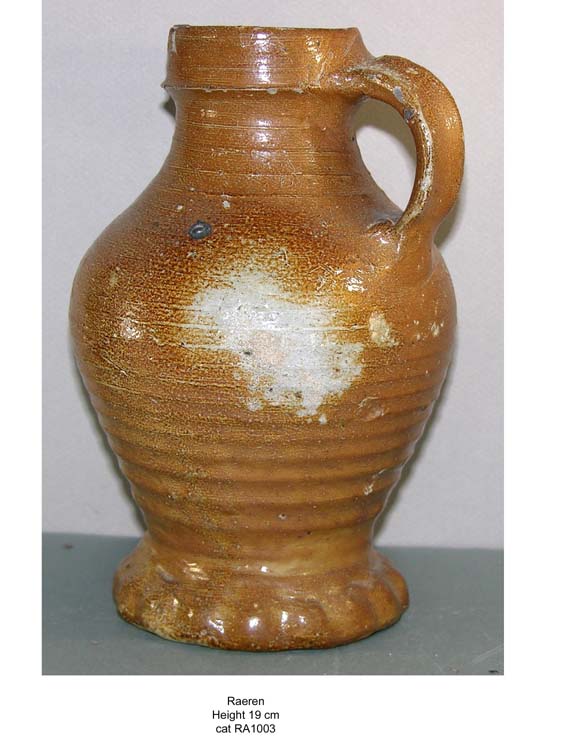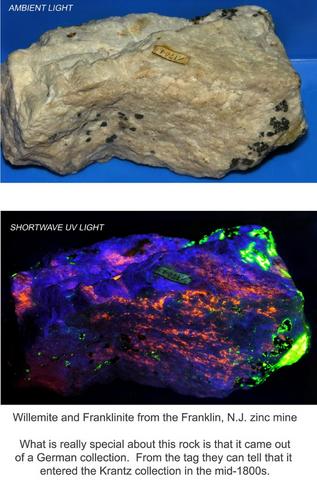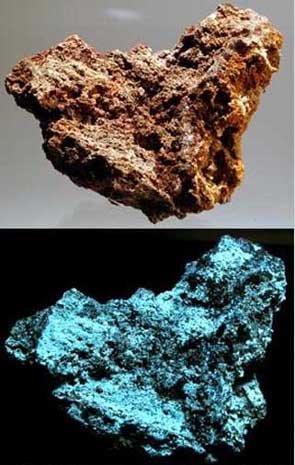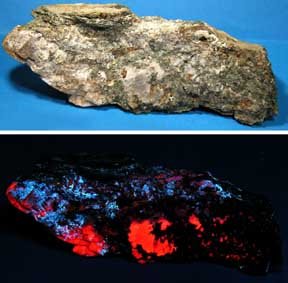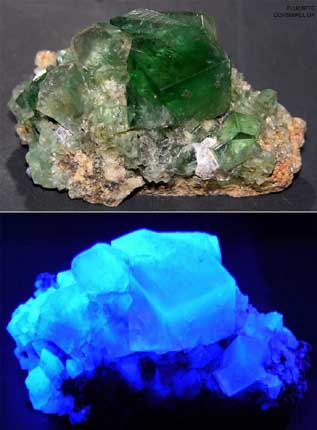Corruption Among U.S. Law Enforcement Agents
After having worked in various top positions in business for 25 years one of the things I have learned is that it is not wise to trust the honesty or integrity of law enforcement personnel. This goes from rent-a-cop security agencies all the way to uniformed and plain clothes law enforcement officers and judges.
Maybe it is because a certain type of individual is attracted to the field of law enforcement. Little men who need a badge and gun to make them feel like important guys. American society makes very little effort to try and attract well educated, intelligent people to either the military or law enforcement. The wages are fairly low and the entrance requirements are lax. Or perhaps it is all the dishonesty and brutality that these people are exposed to on a daily basis. It may be inevitable that the bribes (and threats) from the criminals eventually become difficult to resist.
Are all cops and judges corrupt? No. But enough are corrupt that one should be extremely wary when dealing with them. In your own mind you need to remain open-minded to the possibility that this guy may be on the take and has actually become one of the crooks.
-
-
-
LINK: latimes.com/news/nationworld/nation/la-na-drug-charges17-2009sep17,0,1796084.storylatimes.com
MEXICO UNDER SIEGE Former U.S. anti-drug official's arrest a "complete shock" Federal investigators say he served as a secret ally of traffickers while he was posted in Guadalajara.
By Sebastian Rotella September 17, 2009 Reporting from Washington
=
As a high-ranking U.S. anti-drug official, Richard Padilla Cramer held front-line posts in the war on Mexico's murderous cartels. He led an office of two dozen agents in Arizona and was the attache for Immigration and Customs Enforcement in Guadalajara.
While in Mexico, however, Cramer also served as a secret ally of druglords, according to federal investigators.
Cramer allegedly advised traffickers on law enforcement tactics and pulled secret files to help them identify turncoats. He charged $2,000 for a Drug Enforcement Administration document that was sent to a suspect in Miami by e-mail in August, authorities said.
"Cramer was responsible for advising the [drug traffickers] how U.S. law enforcement works with warrants and record checks as well as how DEA conducts investigations to include 'flipping subjects,' " or recruiting informants, a criminal complaint says.
DEA agents arrested him at his Arizona home Sept. 4. A spokeswoman for the U.S. attorney in Miami said Wednesday that she could not comment but said that cases begun with complaints usually go before grand juries. A decision on an indictment in Miami is expected soon, according to a federal official who requested anonymity because the investigation was ongoing.
Cramer's duties as the ICE attache in Guadalajara included serving as a liaison with Mexican police. But the investigation revealed that he worked for "a very high-level drug lord," the federal official said. In a dark twist on the trend of former federal officials going into private consulting, the 26-year government veteran became a full-time advisor to traffickers after retiring from ICE in January 2007, the complaint says.
A trafficker "convinced Cramer to retire . . . and begin working directly for [him] in drug trafficking and money laundering," the complaint said. Cramer continued to sell secret documents that he obtained from active U.S. agents, an aspect of the case still under investigation, the official said.
The charges underscore the corruptive might of the cartels, which have bought off Mexican politicians, police chiefs and military commandos. Drug lords have corrupted U.S. border inspectors and agents to help smuggle cocaine north. In 2006, the FBI chief in El Paso was convicted of charges related to concealing his friendship with an alleged kingpin.
Cramer, 56, stands out because his rank and foreign post made his work especially sensitive, officials said. Colleagues described him as a well-regarded investigator who spoke Spanish and operated skillfully in the array of U.S. and Mexican agencies at the border when he ran the ICE office in Nogales, Ariz., his hometown.
"It came as a complete shock," Santa Cruz County Sheriff Tony Estrada said in a telephone interview. " I have been in law enforcement at the border 42 years and I have seen some strange things, but I have never ceased to be surprised."
Estrada worked with Cramer at the Nogales police in 1979, and encountered him periodically as Cramer rose through the federal ranks.
About five months ago, Cramer showed up at the sheriff's office, Estrada said. The retired agent had returned from Mexico to his house in Sahuarita, about 15 miles south of Tucson. He applied for a job as a county detention officer, which pays about $30,000 a year, Estrada said. In contrast, Cramer's federal rank probably commanded a salary of between $130,000 and $150,000, plus benefits, officials say.
Estrada told him that working as a guard would be "quite a drop," the sheriff recalled.
"He said he wanted to keep being active, go back to his roots, keep busy," Estrada said. "So we put him through all the ropes: polygraph, background checks. We didn't find anything suspicious."
While Cramer trained at a state law enforcement academy, a two-year DEA investigation of a Mexican drug ring active in Miami accelerated.
Working with four informants, agents had run across evidence implicating Cramer in corruption, the complaint said. In 2007, an informant revealed documents -- four from the DEA database, one from ICE, two from the state of California -- supplied by an American in Mexico named "Richard," according to the complaint.
Agents identified the American as Cramer and learned that he was known to request database checks from DEA agents in Guadalajara, the complaint said. Such requests often are granted as a courtesy among agencies, officials said. ICE had six offices in Mexico at the time; the Guadalajara outpost has closed.
Agents learned that Cramer allegedly invested $40,000 in a scheme by Mexican traffickers to smuggle 660 pounds of cocaine by sea from Panama via U.S. ports to Spain. Agents tracked the shipment and Spanish police seized it in the city of Vigo in June 2007, setting off a dispute among the traffickers over who was to blame.
Cramer allegedly helped the Mexican drug lord conduct an internal hunt for henchmen responsible for the bust. Suspects under surveillance in Miami declared that Cramer would check databases to help unmask informants, whose families would be kidnapped in retaliation, the complaint said. A suspect told agents Cramer had quarreled with the drug lord over the $40,000 debt, the complaint said.
Early this month, DEA agents traveled to Arizona and told Estrada that they planned to arrest his new jail guard. "It was the last person I would have imagined," he said.
Authorities have not revealed many details.
"I think something went terribly wrong in Mexico," Estrada said. "I'm curious to know what flipped him to the other side."
sebastian.rotella@latimes.com Copyright © 2009, The Los Angeles Times
-
-
-
-
-
--
-
--
-
-
-
-







